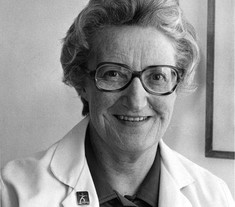 Image: cicelysaundersarchive.wordpress.com
Image: cicelysaundersarchive.wordpress.com Ms Fernandes initially set out the purpose and origins of the Hospice movement including the story of Dame Cicely Saunders and the role of St. Francis' hospice within Berkhamsted. Her respect for Dame Saunders was evident as she stressed the range of intellectual disciplines that she embraced and experienced on the way to founding the hospice movement; a fantastic message for any young person setting out on their academic career to garner as many experiences as possible. She also stressed her emphasis on an holistic approach to death and the need to give everybody intrinsic value.
She moved on to set out the work of St Francis' dispelling the myth that hospices are merely places that people go to die. Indeed, 40% of patients go home from the hospice. She also stressed the holistic treatment of St Francis; not just about the patient but also their families especially in providing bereavement services and preparing families for the death of their relatives. The hospice also provides a teaching role supporting doctors and nurses and visiting schools. It aims to provide "The best of the biomedical with the care of the spirit".
She then moved on to address the debate around assisted dying and the Bill in the House of Lords last summer. She set out the various arguments for and against assisted dying that were put forwards in the House of Lords. The main question being should the autonomy of the individual trump all others? Or does society, and especially doctors and nurses, have the right to decline such requests? She set out extremely well the problem of rights and duties and the clash between autonomy and the implication this would have on healthcare professionals.
Ms Fernandes was a fantastic communicator, full of energy and conviction about the hospice movement balanced with a good understanding of the intellectual arguments surrounding this debate. She may have had a personal opinion about these issues but she did not give it away or try to sway pupils one way or another. Her talk reminded me of how lucky we are to have such passionate and educated nurses working in palliative care.



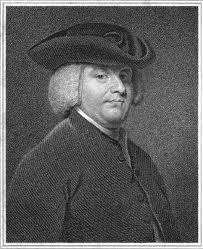
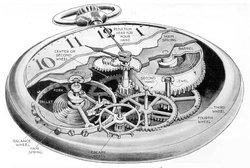

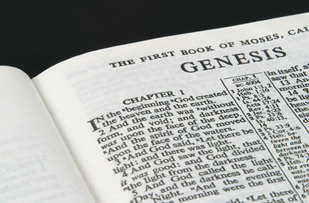
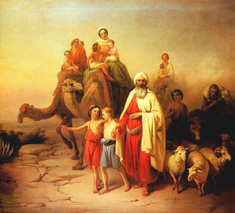

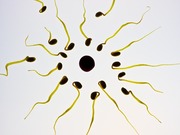
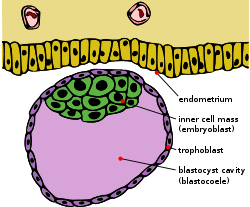
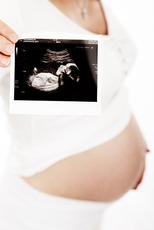

 RSS Feed
RSS Feed
